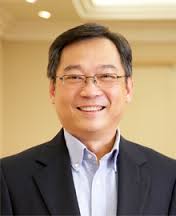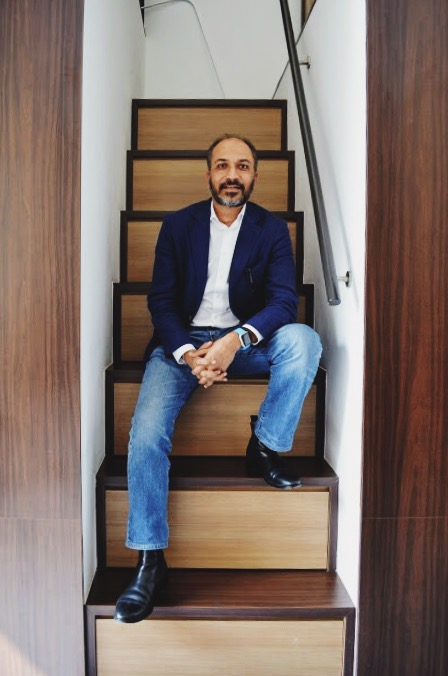“Technology is now transforming healthcare in ways that were unimaginable as recently as a decade ago. We must ride on this digital healthcare revolution by going digital intelligently, using data effectively and disrupting meaningfully,” asserted Gan Kim Yong, Health Minister of Singapore while launching new digital healthcare initiatives today in the island nation.
A new digital healthcare initiative of an expanded national online marketplace for home care services was launched.
The Minister spoke of changing role of IT, and the potential to harness it in more innovative and effective ways to manage Singapore's healthcare system.
He added, “From merely playing a supportive role in the past, such as in patient administration, diagnosis and treatment, there is room for new innovations ranging from telemedicine to big data, wearable sensors to personalised medicine, and from robots to 3D printing, to bring about radical transformations to the sector in innovative and effective ways.”
There are various projects in the works in the healthcare sector’s latest push to go digital such as giving patients easy access to personal care services, medical transport, meals-on-wheels and therapist services, or letting them can get advice and intervention on how to manage their conditions without having to schedule an appointment to visit the hospital.
The Minister also gave an update on the Health IT Master Plan, or HITMAP, which was developed in 2014, as well as several new initiatives in the pipeline.
One such initiative is the Vital Signs Monitoring (VSM) platform which will be launched later this year in September. It is aimed at bringing care beyond the healthcare institution to the community and the home.
“It will allow healthcare personnel to remotely monitor vital signs like blood pressure, blood glucose and weight of patients with conditions like hypertension, diabetes, and heart diseases. They will be able to get advice and intervention online without having to schedule a hospital appointment, which can allow more regular monitoring, improve patient management and reduce hospital visits and readmissions,” said Gan.
Explaining the role of digital technology in ameliorating the health problems of ageing population, Nawal Roy, Chief Executive Officer of Holmusk, said, “In Singapore, not only the ageing population is growing but also the technology adoption rate is high. Our mobile health coaching service for diabetes, GlycoLeap, has seen users in their 50's and 60's, and these tech-savvy senior citizens enjoy exploring innovative ways of improving their health condition. We've received positive feedbacks from them so far."
Another area where IT can be tapped further for the healthcare sector is predictive analytics. Developed by IHiS, National Healthcare Group, National University Health System and SingHealth over the past year. The predictive model identifies discharged patients who are at risk of multiple readmissions and enables proactive early intervention to be provided to better support them.
Singaporeans can also look forward to an expanded Health Marketplace, designed to provide matching services in the home care space, which will be rolled out by the end of this year.





